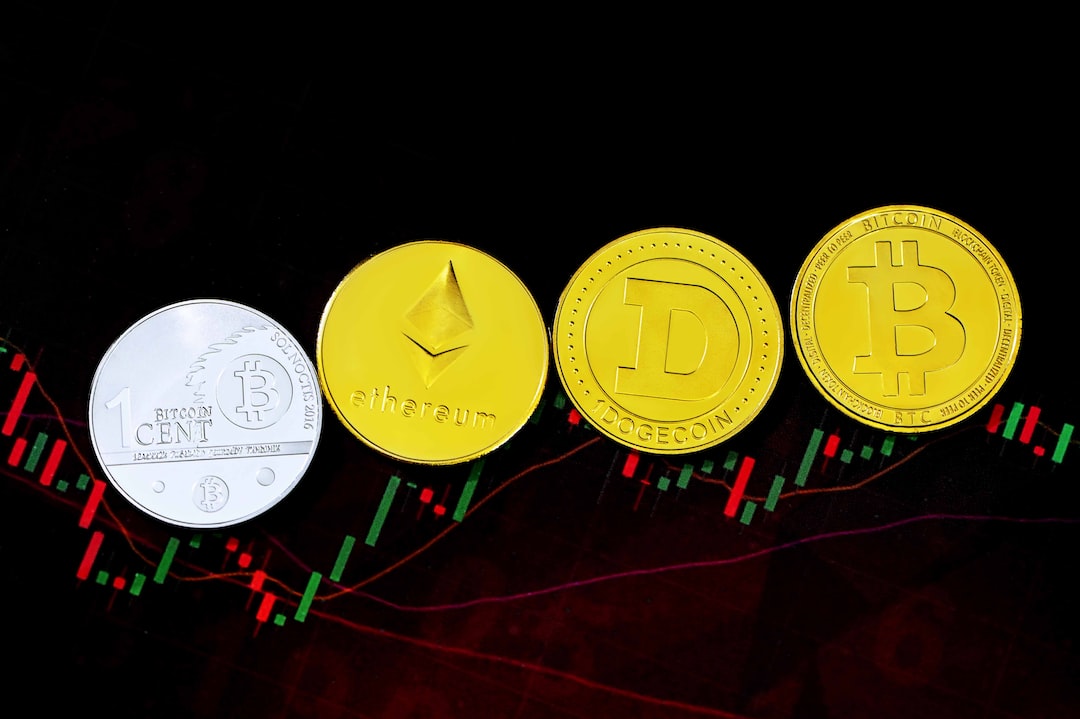Taiwan Plans to Regulate Crypto Industry with Proposed Special Law
Taiwan is taking steps towards regulating the cryptocurrency industry by introducing a draft special law for review by the end of November, according to a lawmaker. Yung-Chang Chiang, a member of Taiwan’s parliament, believes that a dedicated crypto asset act is necessary to oversee crypto firms due to the unique nature of the industry. He recently held a public hearing to discuss a draft proposal for the law, which would require all crypto platforms operating in Taiwan to obtain a permit from regulators. Currently, only virtual asset service providers are required to comply with anti-money laundering laws, leaving most of the crypto industry unregulated. While passing the law is not expected before the end of this year, it is likely to happen sometime after mid-2024.
Concerns over Regulatory Arbitrage and Offshore Exchanges
The move towards crypto regulation in Taiwan comes amidst concerns about regulatory arbitrage and offshore exchanges. Despite regulators urging banks to provide services to the industry, crypto businesses still face challenges in accessing banking services in Taiwan. Industry members argue that compliance is necessary but should be implemented gradually based on company size. They suggest that small platforms should register and adhere to industry-formulated rules, while larger firms should obtain permits and apply for financial licenses. By striking a balance between oversight and industry growth, Taiwan aims to establish a regulatory framework that promotes innovation while ensuring investor protection.
Hot Take: Striking a Balance between Regulation and Innovation
Taiwan’s plans to introduce a special law for regulating the crypto industry demonstrate its commitment to strike a balance between regulation and innovation. Recognizing that cryptocurrencies diverge from traditional finance and require tailored oversight, lawmakers aim to establish clear guidelines for crypto platforms operating in Taiwan. The proposed law would require permits for all crypto platforms, ensuring compliance with anti-money laundering laws and enhancing investor protection. However, industry members argue that regulation should be implemented gradually, taking into account the size of the companies. By doing so, Taiwan seeks to foster a supportive environment for crypto businesses while addressing concerns about regulatory arbitrage and offshore exchanges. This approach positions Taiwan as a proactive player in the global crypto landscape, encouraging responsible growth and development.




 By
By


 By
By
 By
By
 By
By